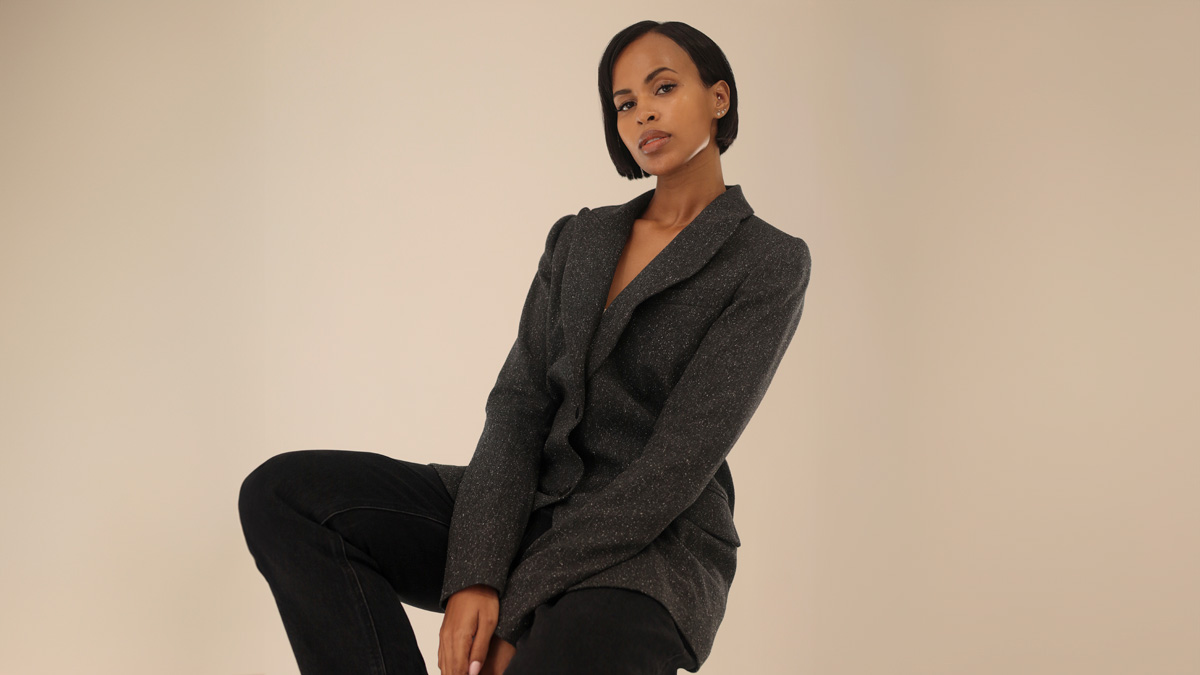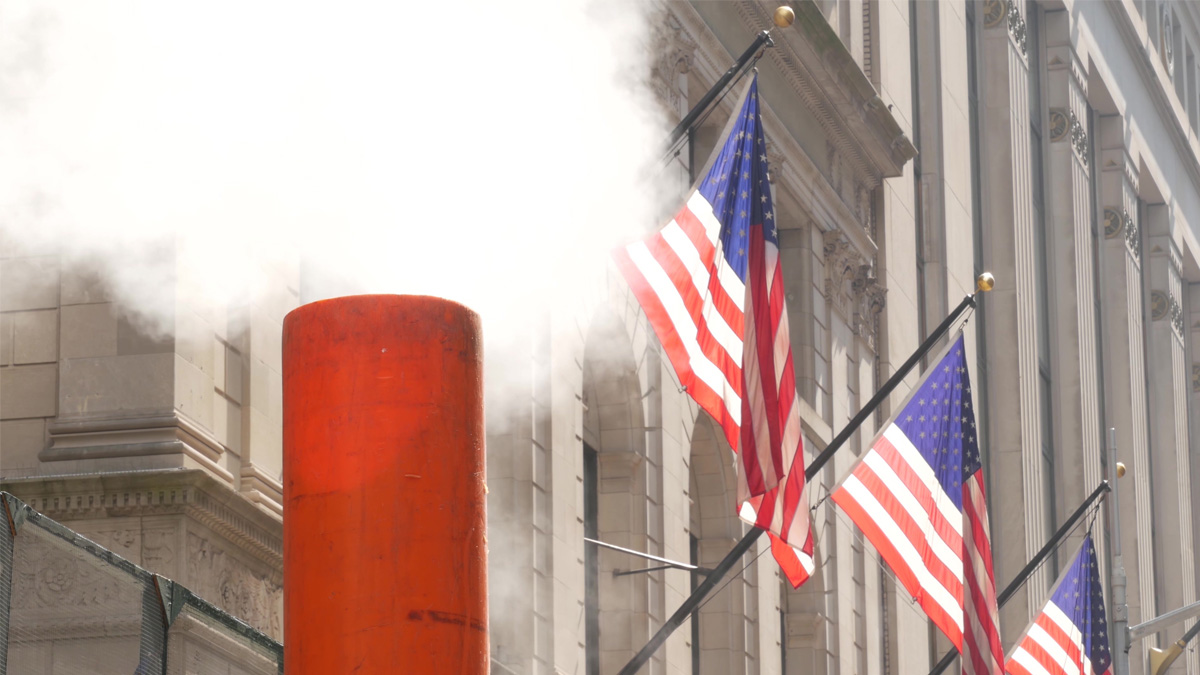Women account for just 6% of FTSE 100 CEOs – and are paid far less

According to Ezra, a global provider of digital coaching, women still make up a low proportion of CEOs in 2021 (6%), despite some high-profile success stories.
In the UK FTSE 100 as it stands there are six female CEOs compared to 94 men in 2021, the same number as between 2017 and 2019.
In 2020 there were just five female chief executives, though the number has at least climbed from three in 2013.
Startlingly if you analyse the United States-based S&P 500 it’s a similar trend – 6% of CEOs are female, amounting to 29 out of 471.
Clearly, there’s a long way to go on both sides of the pond.
Top male CEOs earn 90% more than women
The average male CEO earns around £5.3m, compared to £4.42m for women, meaning male CEOs earn 17% more than their female counterparts.
Comparing the highest-earning male and female CEOs is starker, with the highest-earning man taking home £58.73m compared to the top woman at £5.89m, a 90% difference.
How does this compare to non-business elites?
The average female earned £20,503 in 2020, compared to £29,879 male employees, a 31% difference.
To be in the top 10% of earners you’d need to make £46,652 as a man, but as a woman, you’d only need to take home £34,472 per year, 26% less.
Most influential women in business
The UK
High-profile women who have climbed to the top include Emma Walmsley, chief executive of GlaxoSmithKline. She has held the position since 2017, while she is the only woman among the highest-paid CEOs in the FTSE 100, despite earning a tenth of the highest-paid male CEO.
Carolyn McCall is CEO of ITV, having previously worked at EasyJet. She is known for preparing the network for the future, as she looks to expand the Britbox streaming service.
In financial services Alison Rose is CEO of the NatWest Group, having risen to the top following a 27-year career at RBS. Her focus is said to be on improving efficiency at the bank by investing in technology but potentially making job cuts, as the bank looks to move on after being bailed out by the taxpayer during the global financial crisis.
North America
In the US Mary T. Barra is chief executive of General Motors, the automobile giant whose brands include Chevrolet, Buick, GMC, and Cadillac. She has been CEO since 2014, and she has focused on preparing the company for the future with technologies like connectivity, electrification and autonomous driving.
Best Buy, a well-known electronics retailer employing 125,0000 across the US, Canada and Mexico, has been led by CEO Corie Barry since 2019.
Michele Buck has been at the helm at The Hershey Company, one of the largest manufacturers of chocolate in the world, since 2017. She has focused on expanding the group via strategic acquisitions.
Most recently, Whitney Wolf Herd has been flying the flag for American women in business, with the IPO of the dating app, Bumble.
Founder of Ezra, Nick Goldberg, commented: “To mark International Women’s Day, we decided to highlight some of the most powerful women in business working today. However, the research uncovered the significant inequalities that still exist in business, as it’s shocking that only 6% of the most influential CEOs are women across the UK and the US.
“What is more, the select few who do make it to the top typically earn less than their male counterparts. This is a trend we expect to change in the years ahead, but it’s clearly slow progress. Companies need to do more to give their best female employees the opportunities to rise through the ranks.”
| Female CEOs in the FTSE 100 | ||||
| Year | Male CEOs | Female CEOs | % proportion female CEOs | |
| 2012 | 96 | 4 | 4% | |
| 2013 | 97 | 3 | 3% | |
| 2014 | 96 | 4 | 4% | |
| 2015 | 95 | 5 | 5% | |
| 2016 | 95 | 5 | 5% | |
| 2017 | 94 | 6 | 6% | |
| 2018 | 94 | 6 | 6% | |
| 2019 | 94 | 6 | 6% | |
| 2020 | 95 | 5 | 5% | |
| 2021 | 94 | 6 | 6% | |
| FTSE 100 female CEOs | ||||
| Name | Company | |||
| Carolyn McCall | ITV | |||
| Emma Walmsley | GlaxoSmithKline | |||
| Liv Garfield | Severn Trent plc | |||
| Alison Brittain | Whitbread | |||
| Alison Cooper | Imperial Brands | |||
| Alison Rose | NatWest Group | |||
| CEO gender pay gap – 2020 | ||||
| Male/Female | Base | Total remuneration | Difference % | Difference % |
| Average male CEO | £917,579 | £5,299,609 | -17% | -17% |
| Average female CEO | £932,975 | £4,416,455 | ||
| Highest male CEO | £739,975 | £58,727,000 | -90% | -90% |
| Highest female CEO | £1,053,700 | £5,887,000 | ||
| General gender pay gap – 2020 | ||||
| Male/Female | Net annual salary | Difference £ | Difference % | |
| Average male UK | £29,879 | -£9,376 | -31% | |
| Average female UK | £20,503 | |||
| 90th percentile male UK | £46,652 | -£12,180 | -26% | |
| 90th percentile female UK | £34,472 | |||




